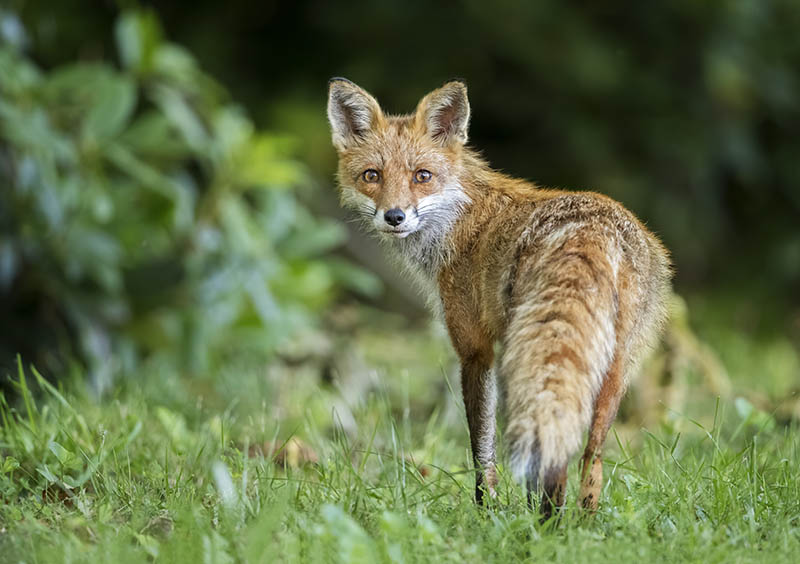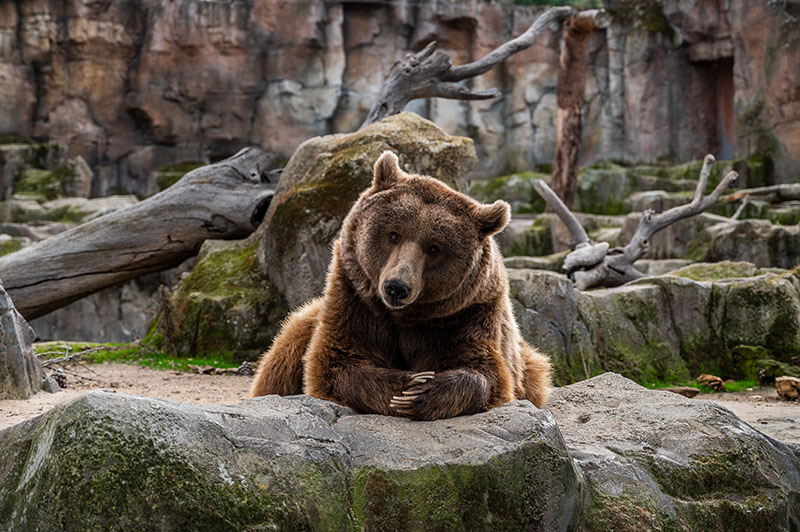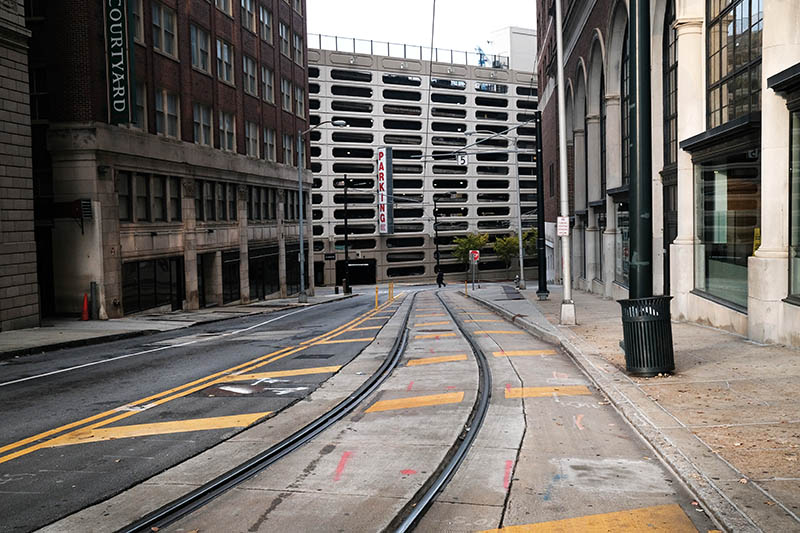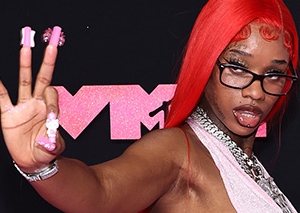
Earlier this month, I noticed a red fox strolling across my front lawn. It’s not unusual to see wildlife out here in sleepy Gwinnett County.
But experts say most Black people in urban cities will never see wildlife because of systemic racism.
Researchers say the lack of wild animals in the Black community affects Black people mentally.

A study published in Proceedings of the National Academy of Sciences notes that wild animals specifically avoid Black neighborhoods.
The study examined nearly 40 wild animal species in 268 urban locations across the country.
The researchers found a decreased presence of wildlife in neighborhoods “with fewer white residents.”
The study said racial segregation practices in the 1950s blocked racial and ethnic groups from living in more desirable neighborhoods.
Black people were restricted to “urban cores that grew increasingly dense,” according to the research.

Areas with a higher concentration of Black people have physical barriers such as railroad tracks, highways and very few trees or green spaces.
“Systemic racism is altering the demography of urban wildlife populations,” the researchers wrote.
“These results are concerning because urban biodiversity is important for human mental and physical well-being,” researchers say.
The Biden administration is improving biodiversity by moving HUD housing residents to the suburbs where wildlife is abundant.
Some liberals are considering busing wildlife to the hood. But busing in wild animals won’t solve the problem. Safe habitats are also necessary for the wildlife to survive in urban cities.
Researchers call for “equitably distributing and increasing the amount of natural habitats in cities.”





